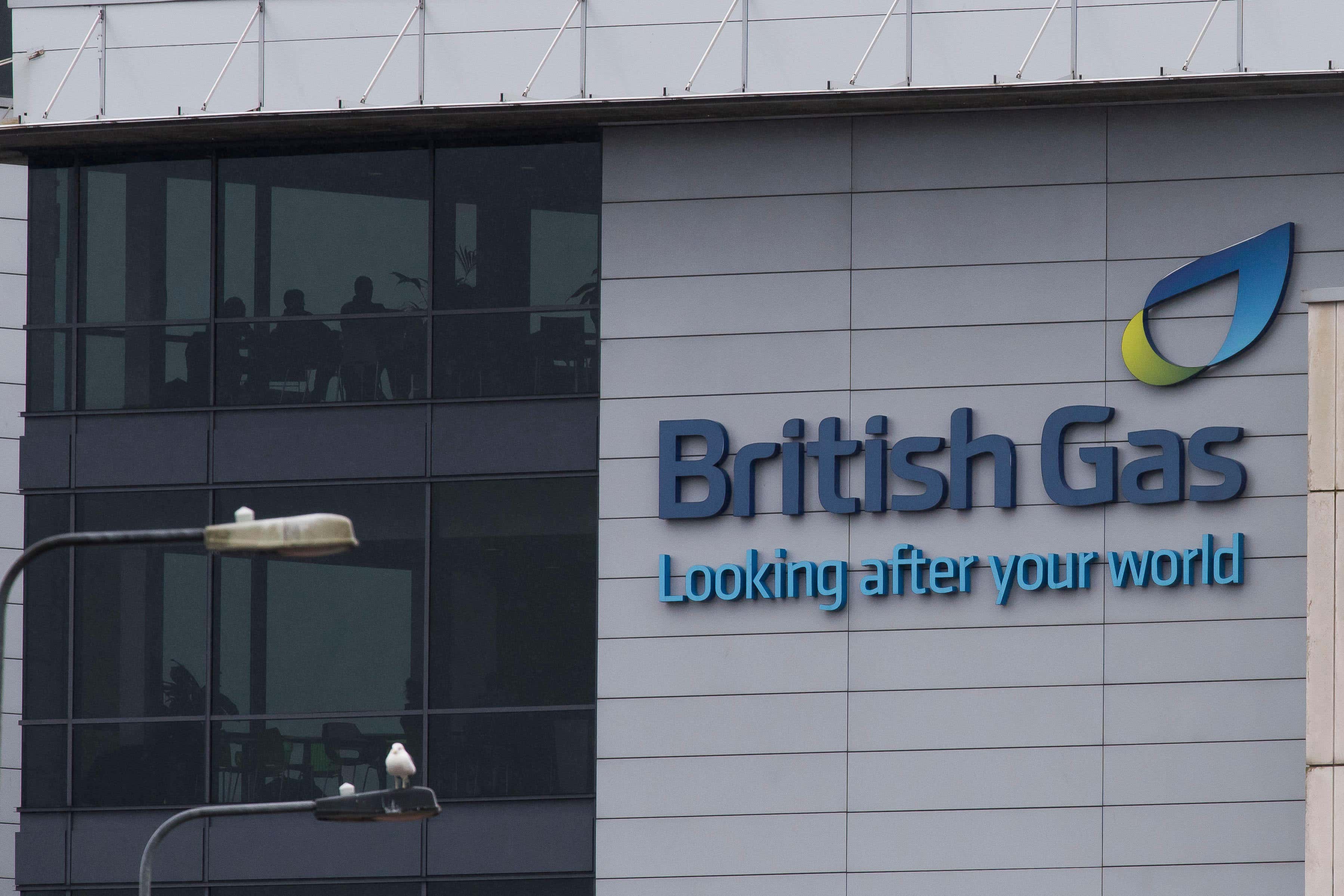Our energy production must work for need, not greed
Letters to the editor: our readers share their views. Please send your letters to letters@independent.co.uk

British Gas have just announced half-year operating profits of £969m. That’s 900 per cent up on last year. Oil company Shell have also just reported record second-quarter profits of $5.1bn.
It’s estimated that 2.2 million households are struggling to meet their energy bills.
So long as energy remains in private hands it means higher prices for consumers and bigger profits for its owners.
And while a tiny few pocket billions in profit from their control of fossil fuels, they have no incentive to transition to a carbon-free economy, even as catastrophic climate change becomes more self-evident.
July 2023 will go down as the hottest month in recorded history. Europe, North America and China have all experienced record-breaking heatwaves exceeding 45C in recent weeks.
Energy must be brought back into public ownership immediately, without compensation to the current owners, so production can be organised for need, not greed. Public ownership is necessary to begin a just transition to a carbon-free future.
The planet is burning while energy shareholders pocket huge dividends. Capitalism will end the planet unless we end capitalism.
Sasha Simic
London
The ecology debate is finally shifting
Those of us who wish to protect the planet will be pleased that the High Court has approved the Ulez scheme. In order to think globally you must act locally.
Interestingly, as well as Sadiq Khan, a government agency called Natural England seems to be on board too. This body (a key player in the planning process) has proposed that new developments will need Ulez-type restrictions in order to be approved. A study of “mitigation measures” has been commissioned that could assist in the holding down of emissions in many areas.
In that connection, it is noteworthy that Epping Forest Council is planning a Ulez-type clean air zone from 2025. Vehicles will be charged for coming into the area.
Hopefully, the tectonic plates in the ecology debate are shifting!
Andrew McLuskey
Ashford
Taking the sting out of the issue
The London mayor and Labour need to find a compromise regarding Ulez, otherwise it will poison the all-important green agenda, albeit unfairly. And I do have sympathy for those on a low-income trapped into paying to use the expanded zone.
I suggest that small vehicles – those under 1000cc or maybe 1200cc – ought to be exempt for a further period of time until their numbers are degraded through ageing or until it is reasonably economical to offer a scrappage scheme. This would allow the less well-off a lifeline and take the sting out of the issue.
Tim Sidaway
Hertfordshire
We need to get palliative care right
Whilst Marie Curie welcomes the announcement of 5,000 extra hospital beds this winter in England, and further work to enable people to be more quickly discharged from hospital, we are deeply concerned that the winter plans do not have a clear, targeted focus on improving the delivery of essential care and support to people who are in their own home in their last weeks, day, and hours.
Marie Curie research found that each year, around three-quarters of a million emergency “out-of-hours” visits to A&E are for people approaching the end of life. The correct support at home is crucial to ensuring that dying people do not face traumatic and unnecessary trips to hospital. If we get this right, we can reduce unnecessary ambulance use and hospital stays for dying people – a better outcome for everyone.
Dr Sam Royston
Executive Director of Policy and Research at Marie Curie
Foreign Aid is a win-win strategy for the UK
Foreign aid has long been a contentious topic, with debates frequently centred on its cost and efficiency. However, a deeper examination reveals that foreign aid can bring substantial economic benefits to donor countries like the United Kingdom. The UK can strengthen its global stature, open up new trade opportunities, support stability in recipient countries, and foster long-term economic growth by strategically investing in foreign aid.
Foreign aid nurtures diplomatic relationships between the UK and recipient countries, creating opportunities for increased trade and investment. By supporting economic growth in developing nations, the UK can establish valuable trade partnerships, expand market access, and secure preferential trade agreements.
Additionally, foreign aid enhances the UK’s soft power and global reputation, providing greater influence in international affairs.
Investing in foreign aid also addresses the root causes of global challenges, reducing conflicts and migration. Stable recipient countries create secure trade environments, safeguarding UK supply chains and fostering global economic resilience.
Foreign aid is not merely an altruistic endeavour but also a strategic economic investment for the UK. By forging diplomatic ties, enhancing soft power, opening new investment avenues, and addressing global challenges, foreign aid contributes to the UK’s economic prosperity and stability.
Hannah Klifa
London






Join our commenting forum
Join thought-provoking conversations, follow other Independent readers and see their replies
Comments